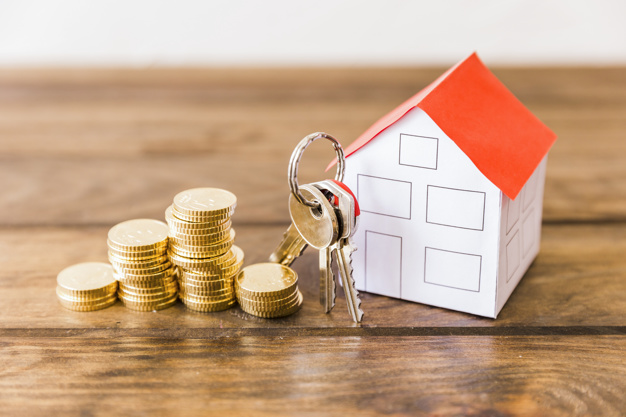Making real estate investments is not easy. It requires a lot of efficient research and decision making skills. Without it, you may end up making the wrong investment, and thereby lose your money in the long run. Here are some important questions that the investors must ask before investing in the real estate business. A good investor should clarify such type of questions for successful business deals. Here are some of these important questions that people should ask in the real estate business.
How Much Income Do You Make At Your Job?
You must have some money in your bank account before investing in property. Your income should be enough for paying your monthly expense after paying down payment. Without this, you might find yourself surrounded by financial issues down the line.
How Much Income Do You Make Outside Of Your job?
If you have inherited money or you are earning money from another investment, then you can reduce your investment period by spending your money on the investment. But if you are earning from a job that salary is not enough for your monthly expense then how you will pay your monthly expense if you spend it on the property.
What Short-Term Expenses Do You Have?
There are certain short term expenses that you have to pay on within a few months or years like rent, insurance, saving for a vacation, luxury purchases, paying down student loans, and furniture purchase, etc. Make a detailed spreadsheet of every dollar of your spending. This spreadsheet will help find the emergence of the expenses. And you can easily find out that any one of these expenses can be redirected to the down payment savings or not.
What Long-Term Expenses Do You Have?
Some people have long term expenses as well as mortgage expenses, hefty student loans, retirement savings, etc. You cannot avoid these expenses as they are non-negotiable and require proper money and attention as compared to other daily/monthly short term expenses.
What Is Your Investment Timeline?
For investing in the real estate you need to make a proper timeline with your financial goals. Set a deadline and then starting saving a set amount monthly for your down payment, along with saving for other expenses like mortgage payments, renovation, maintenance costs, insurance, and emergency funds.












